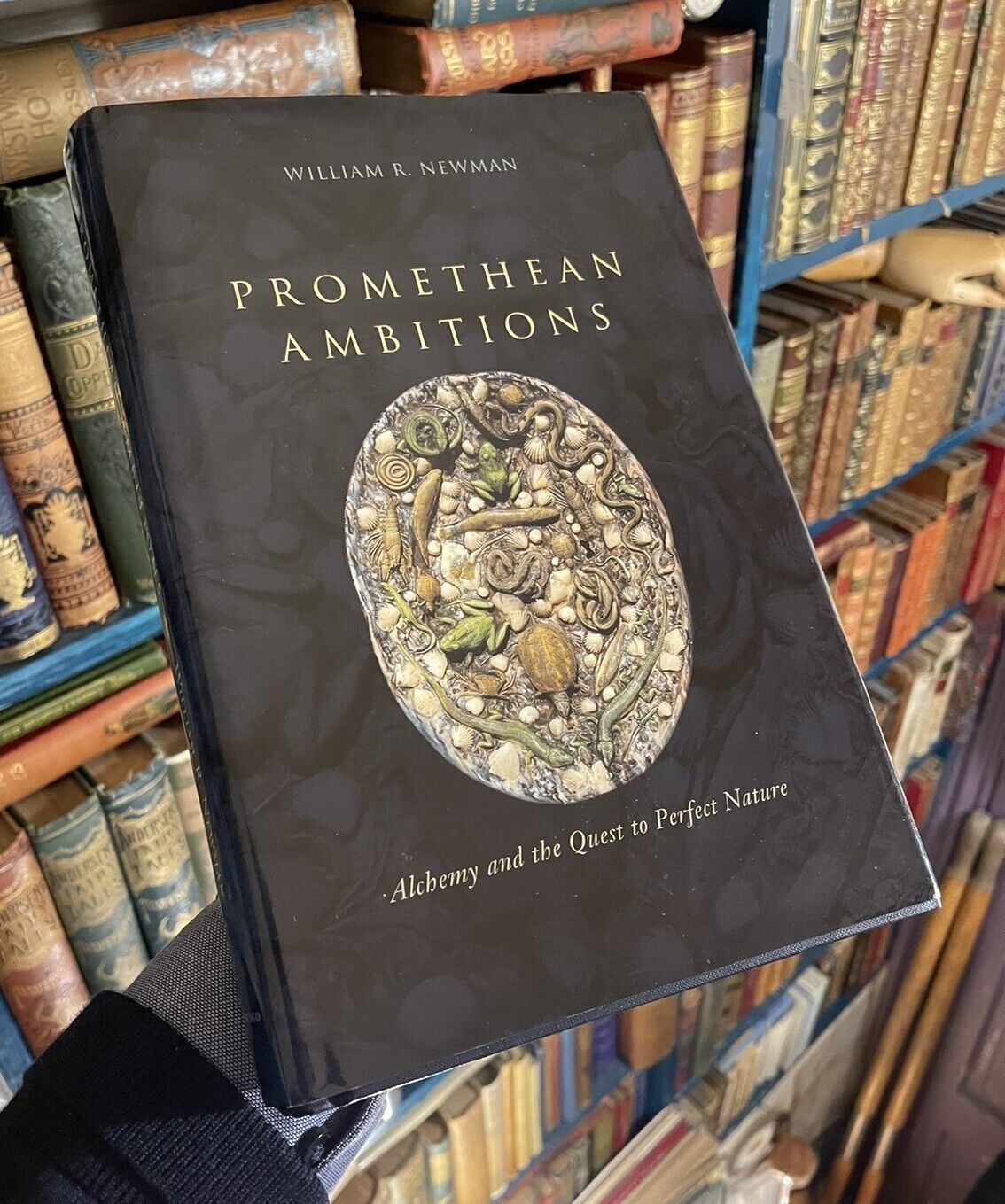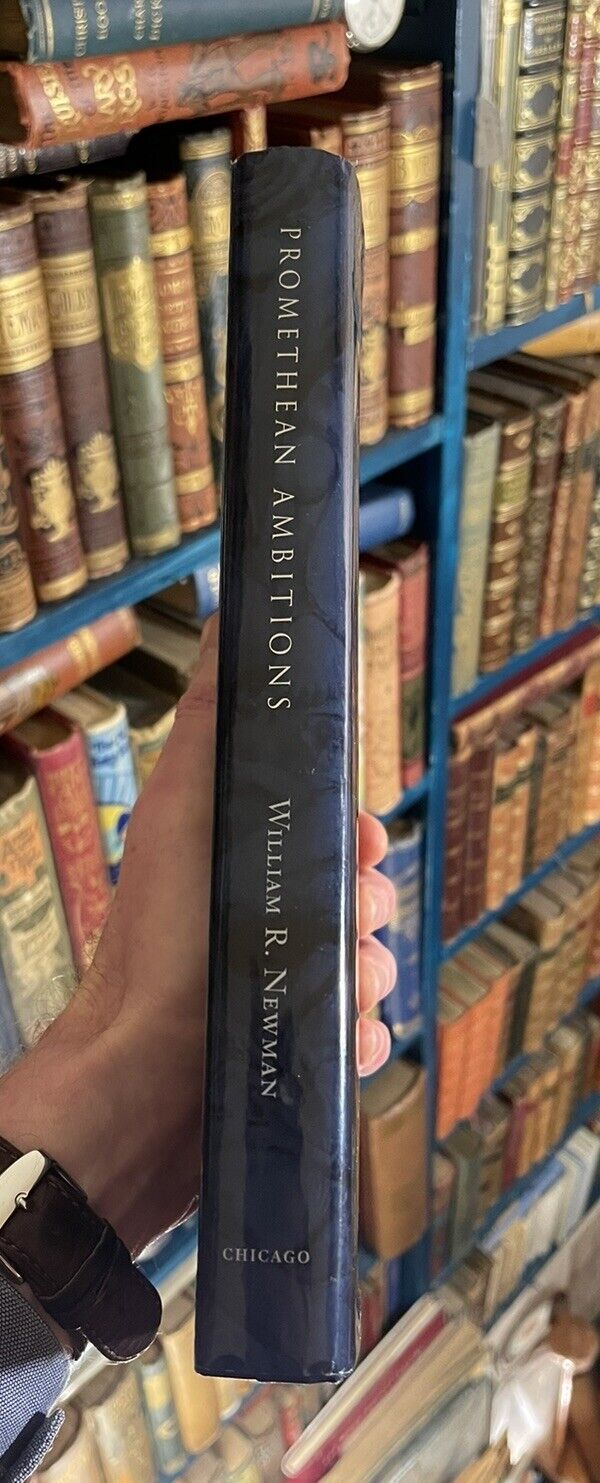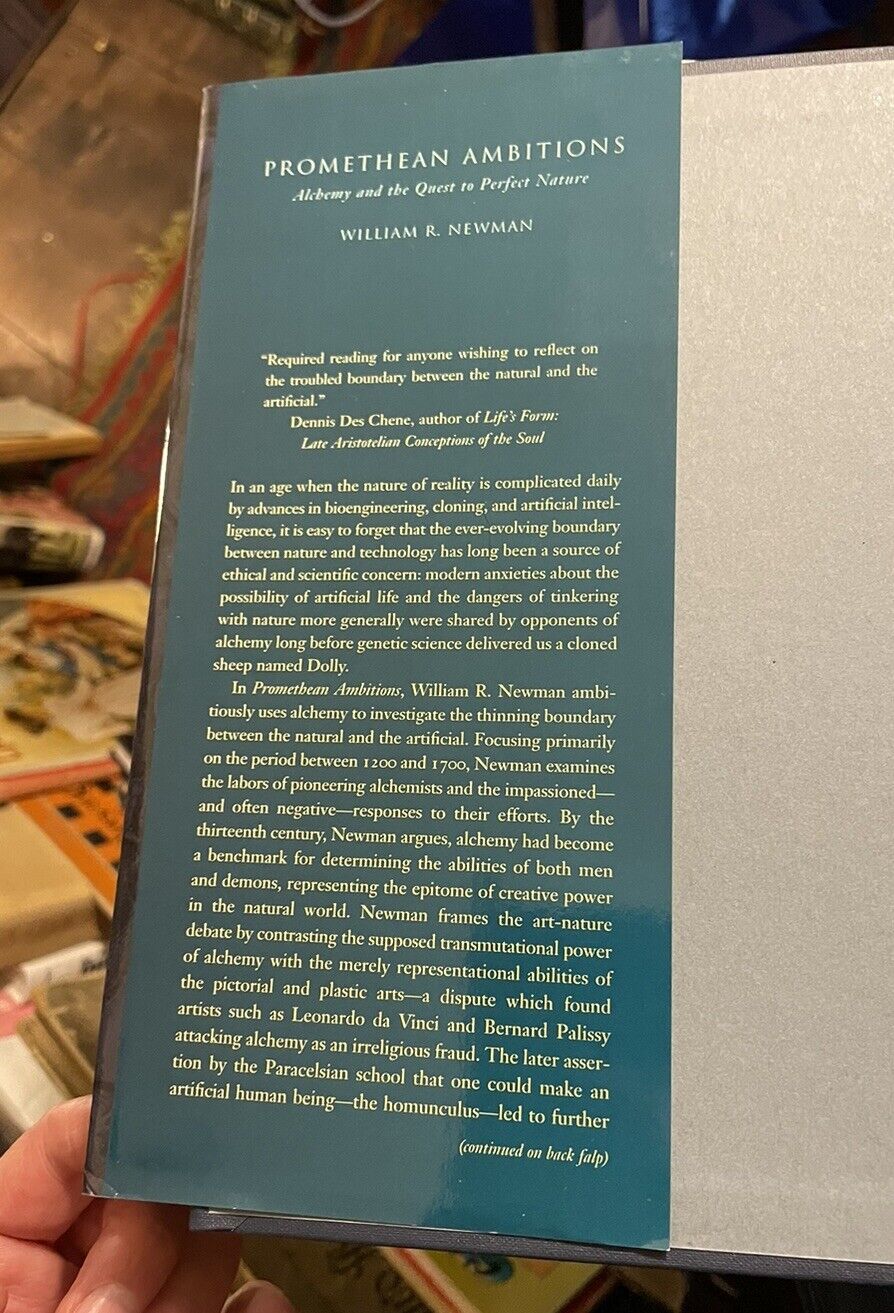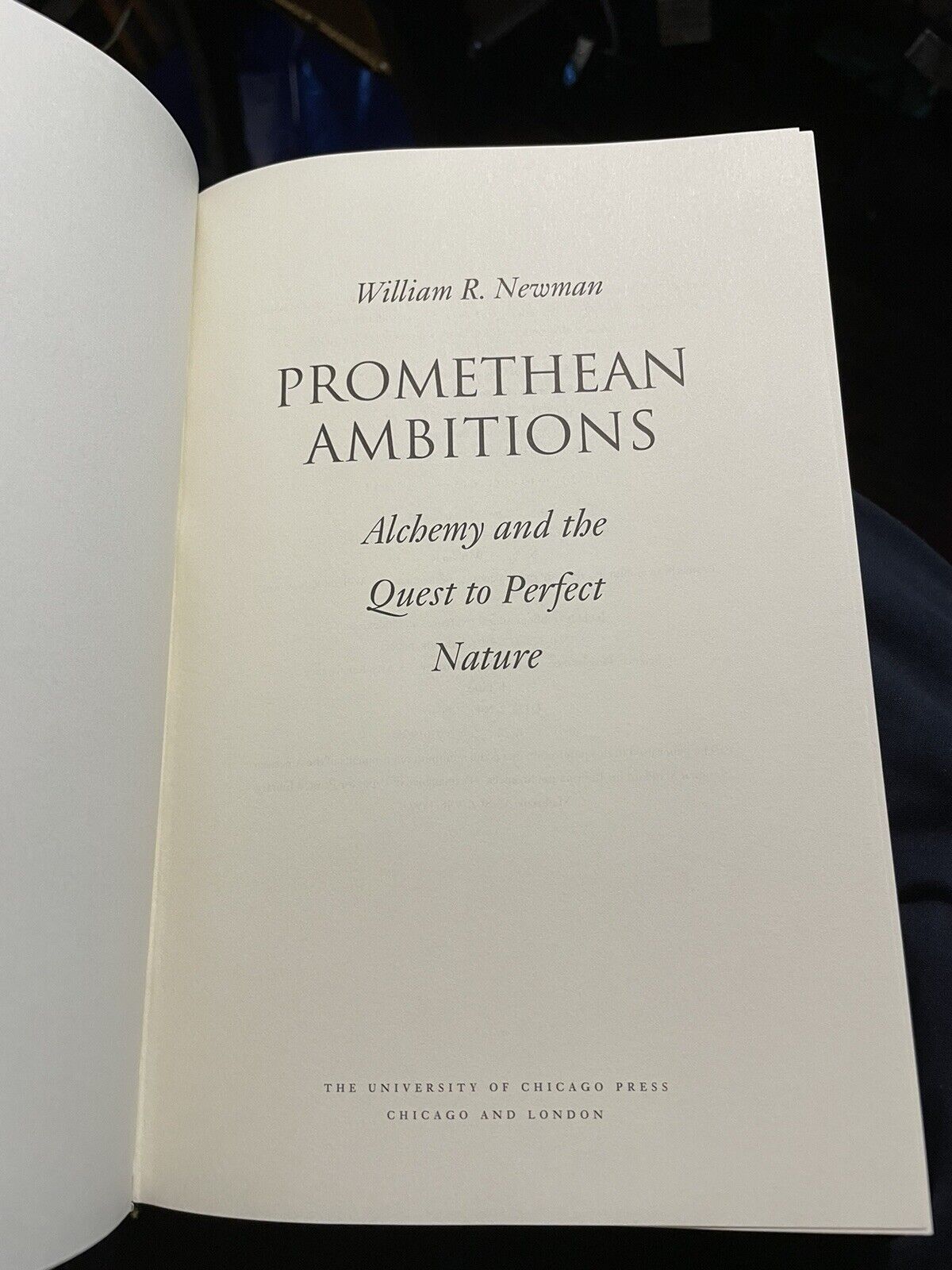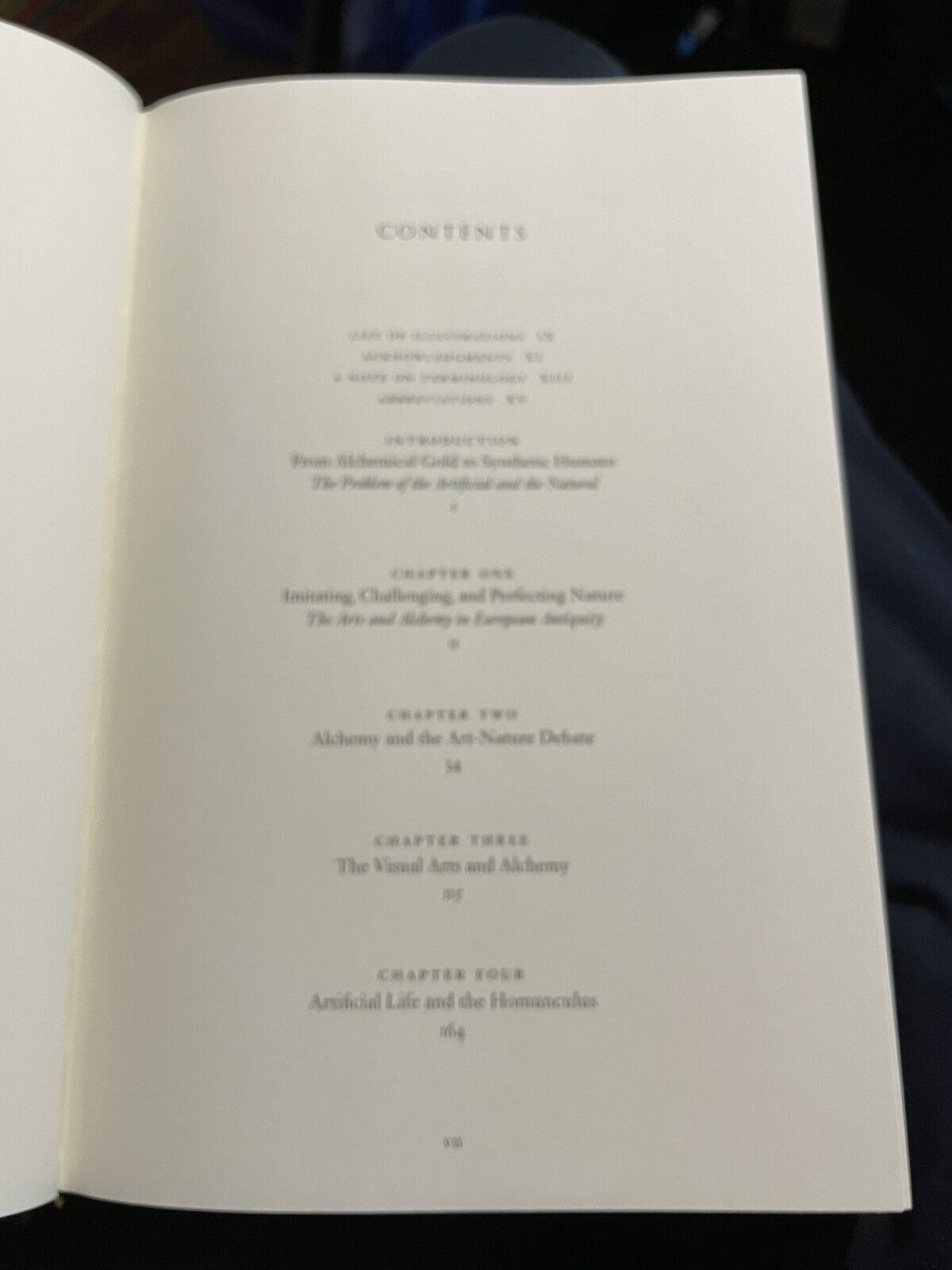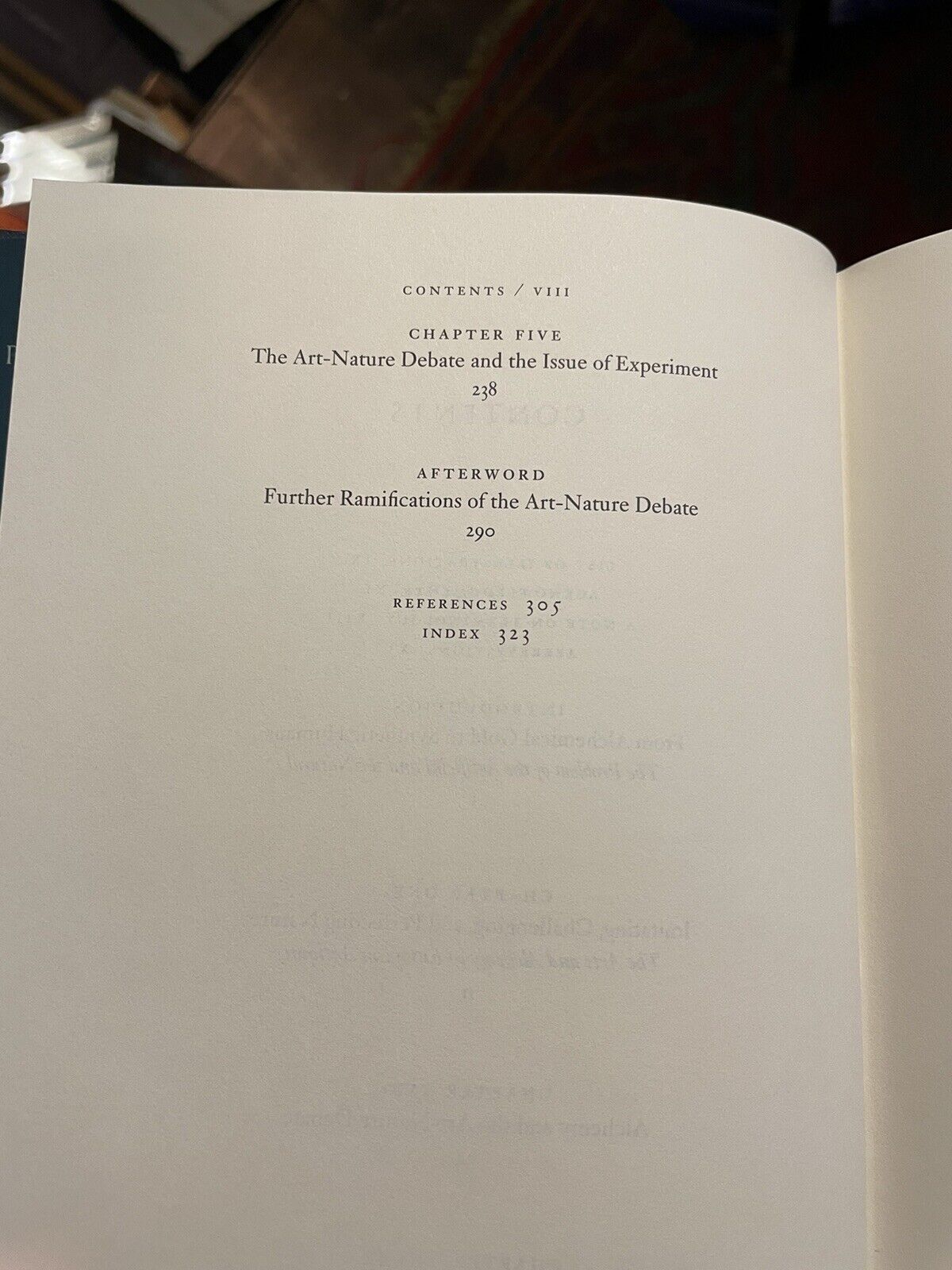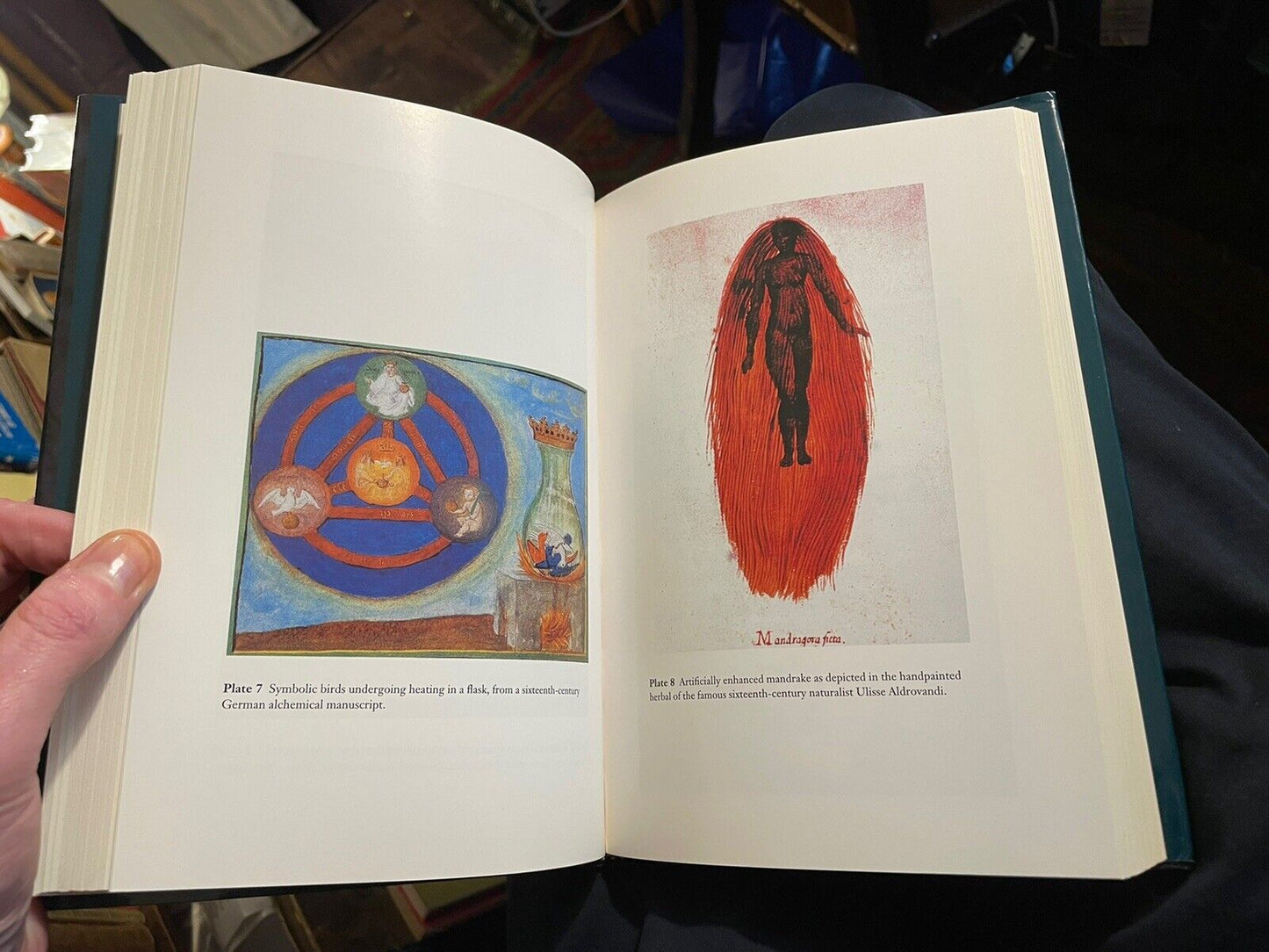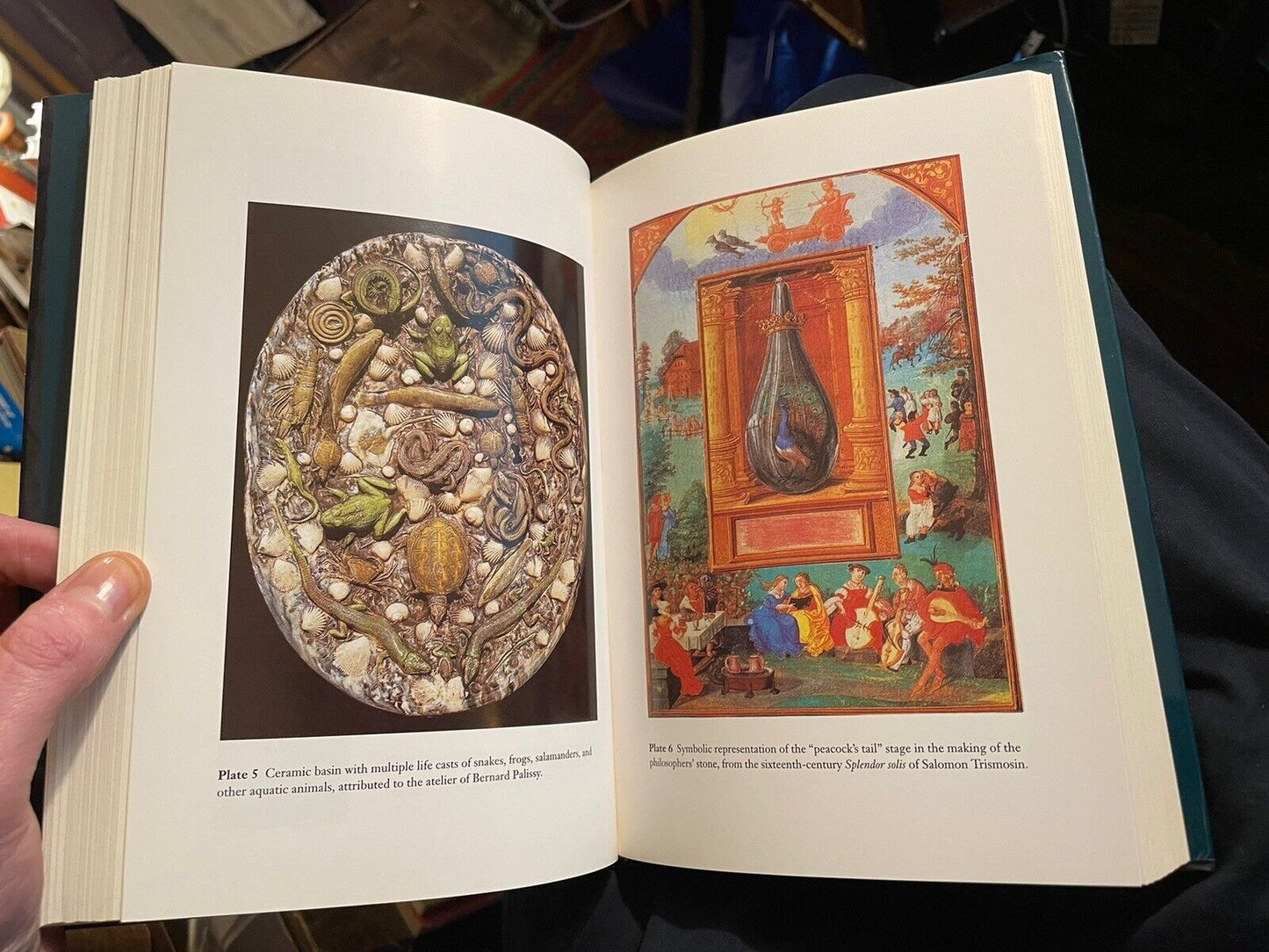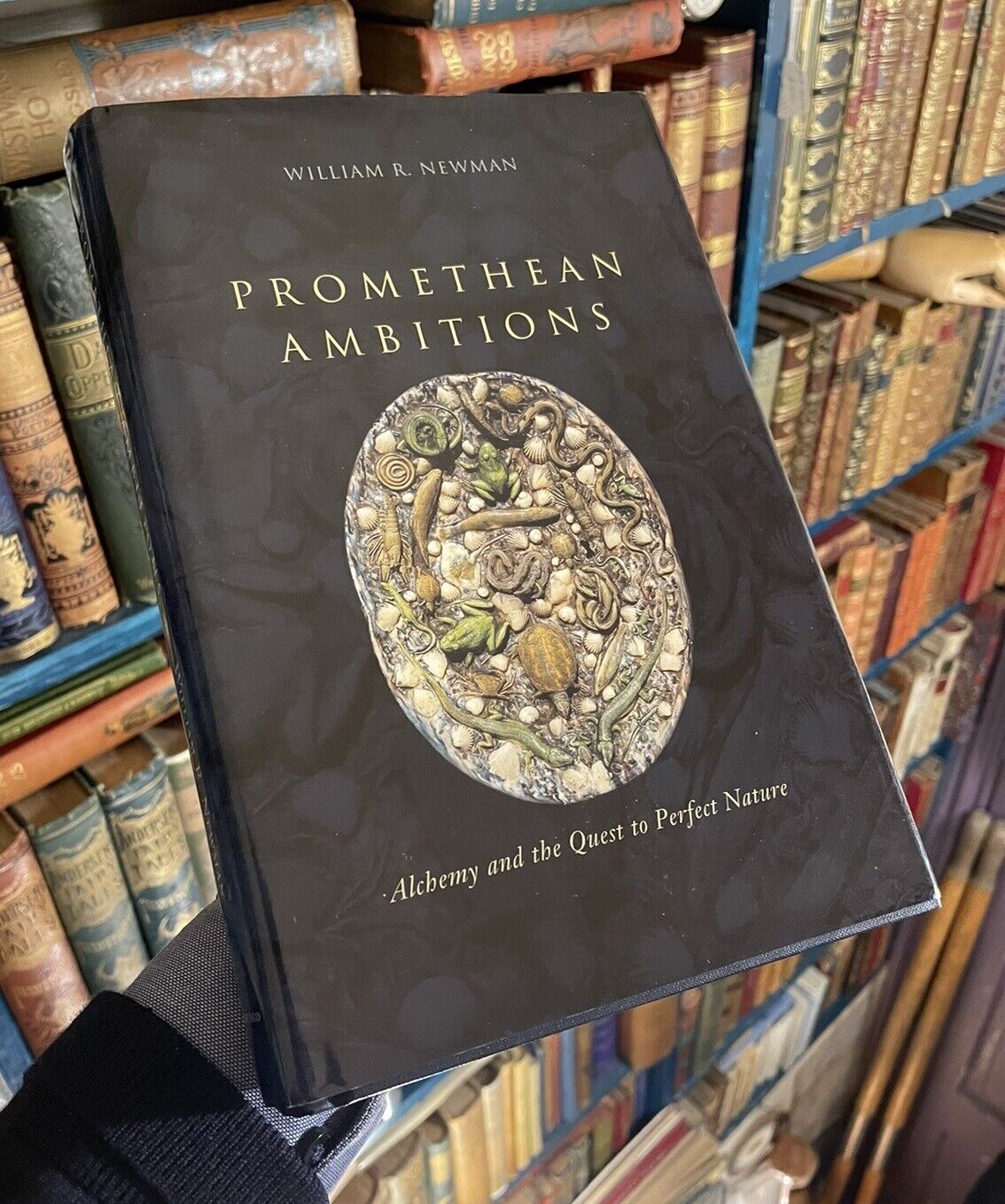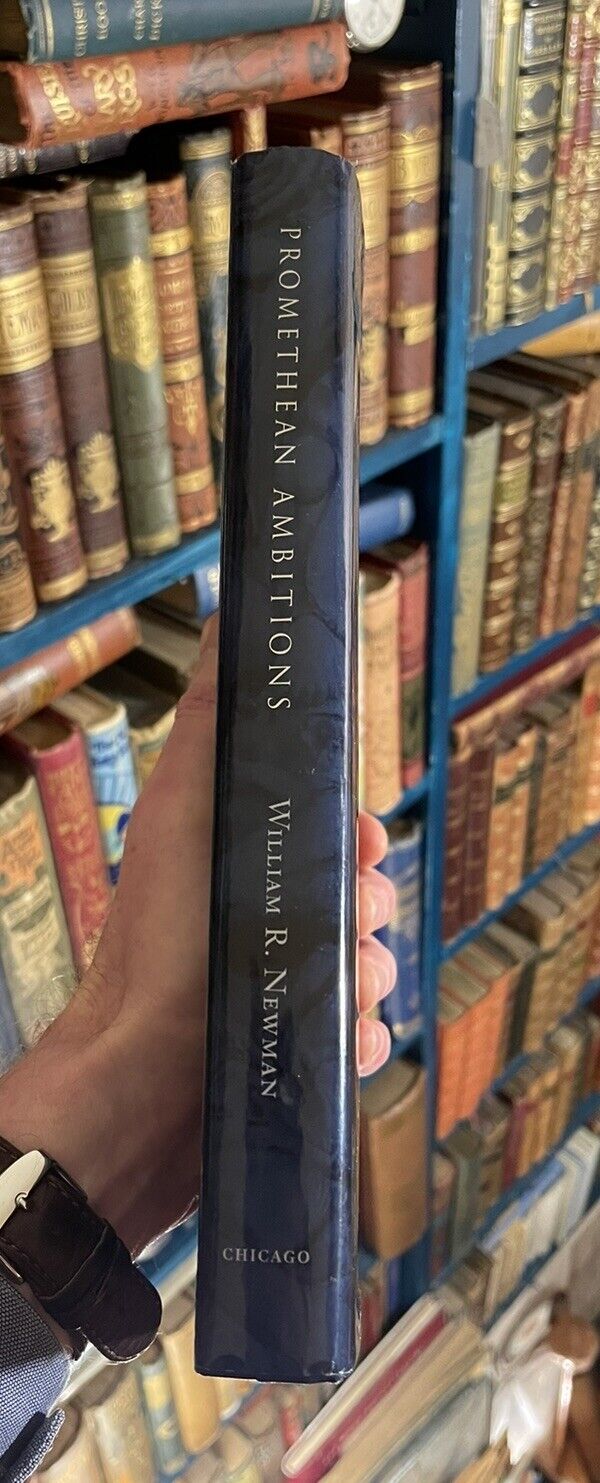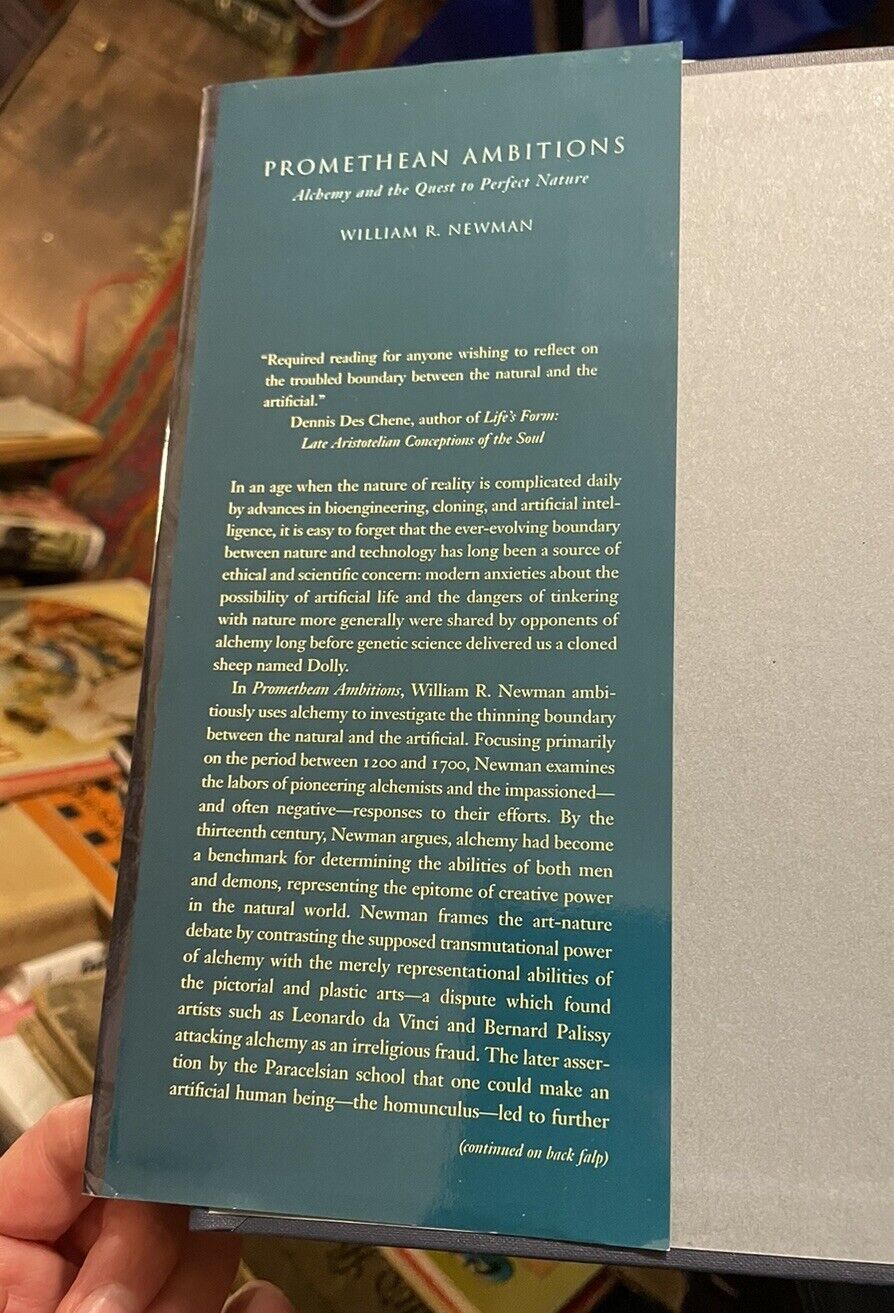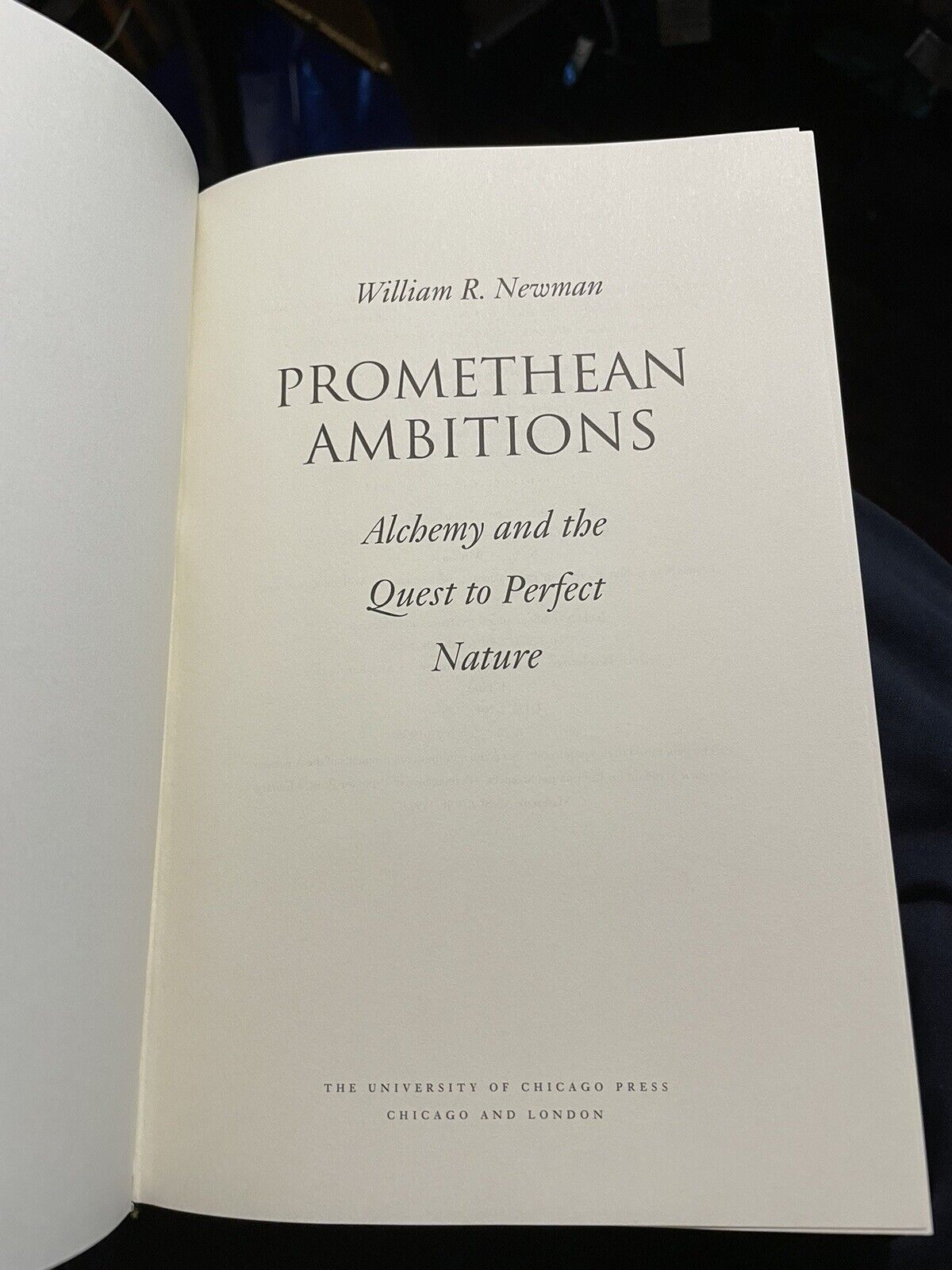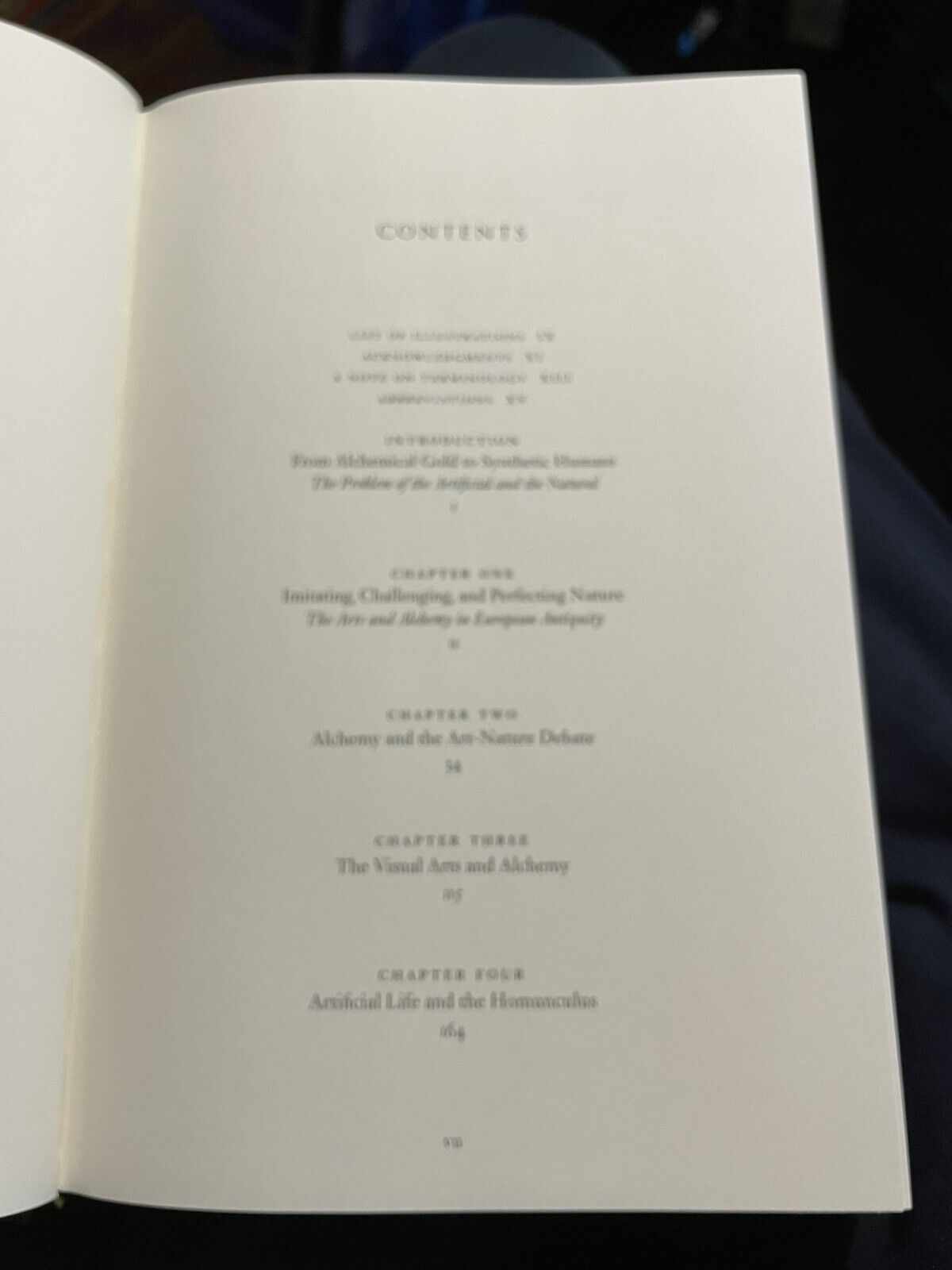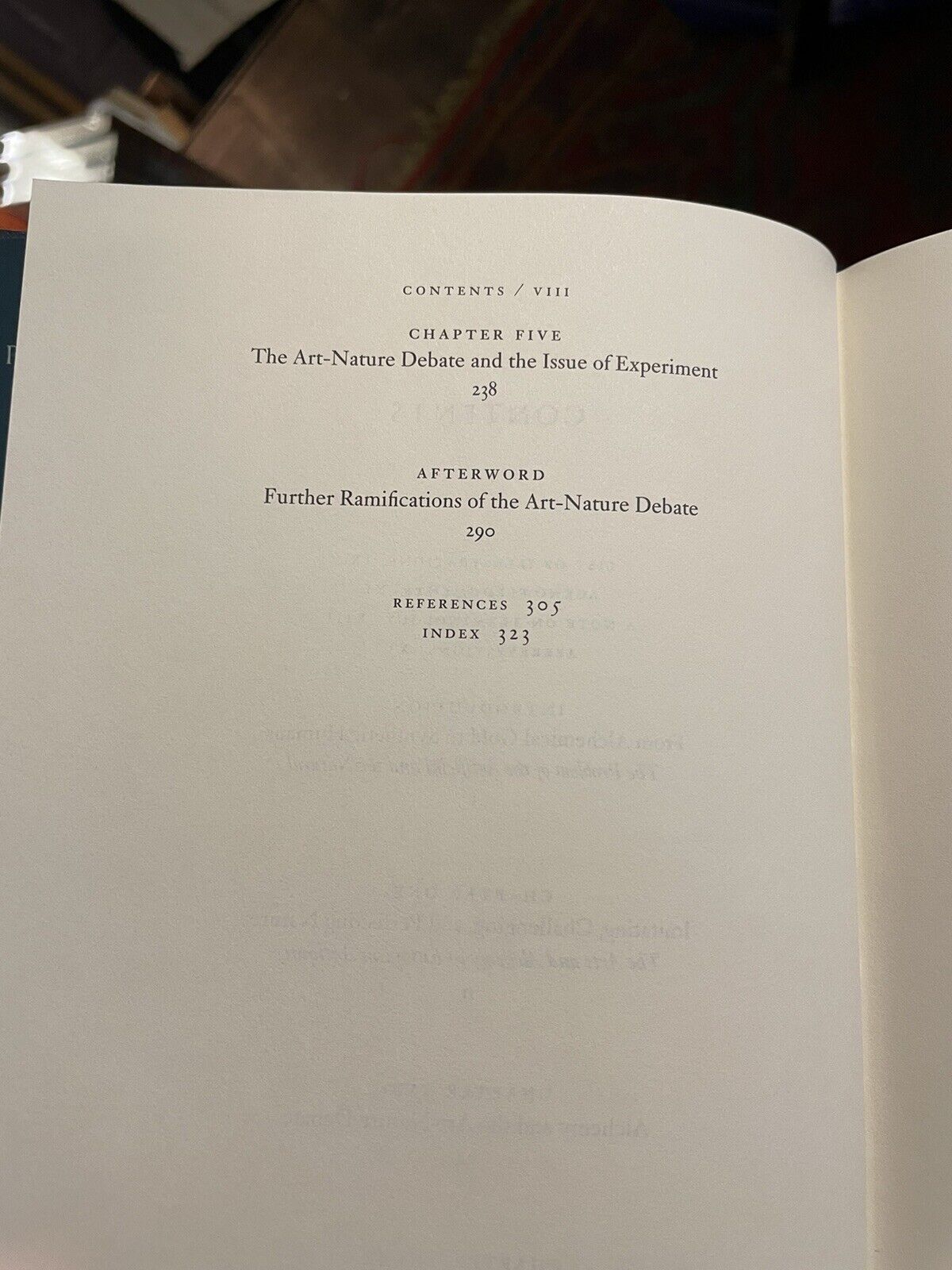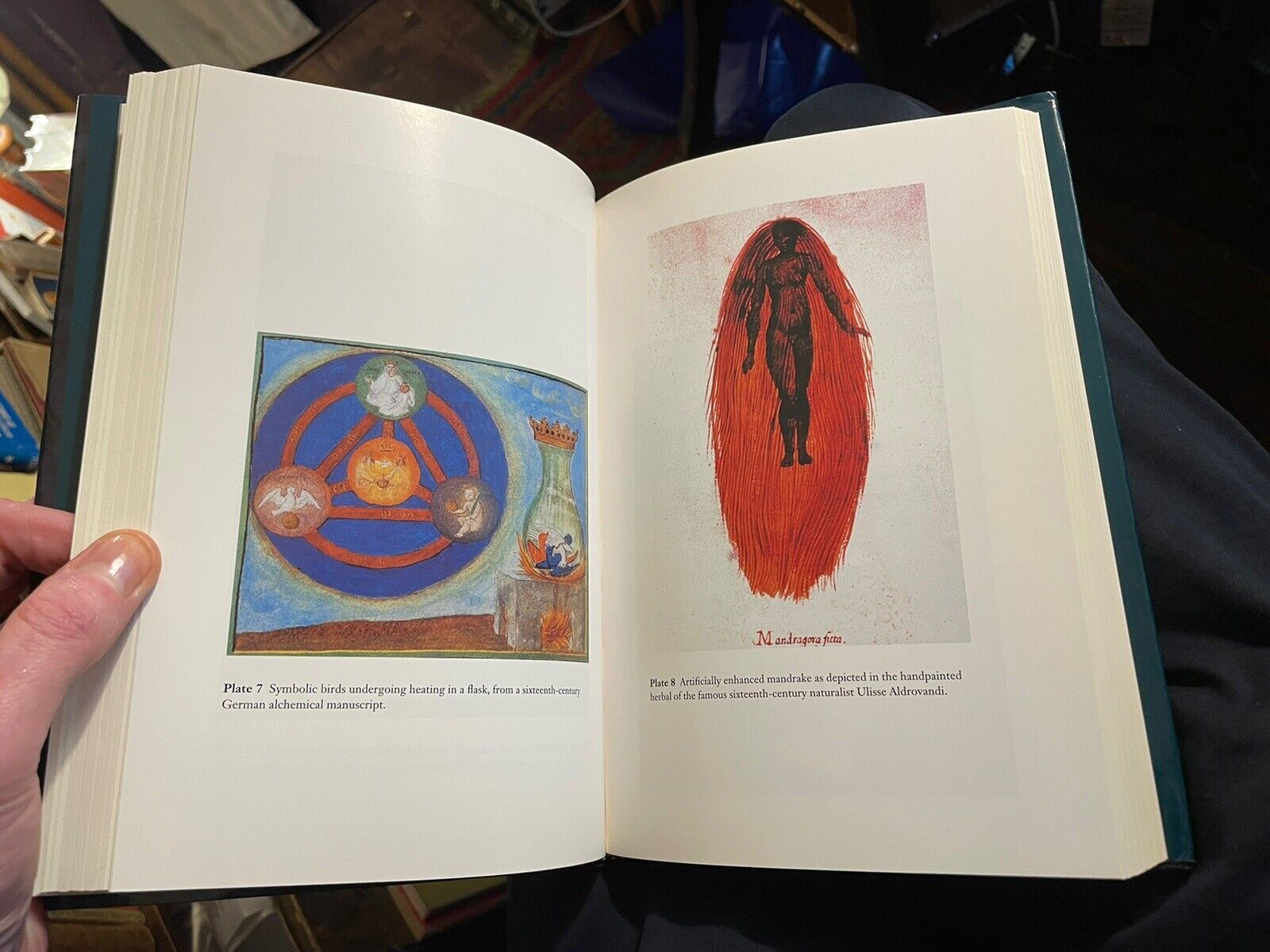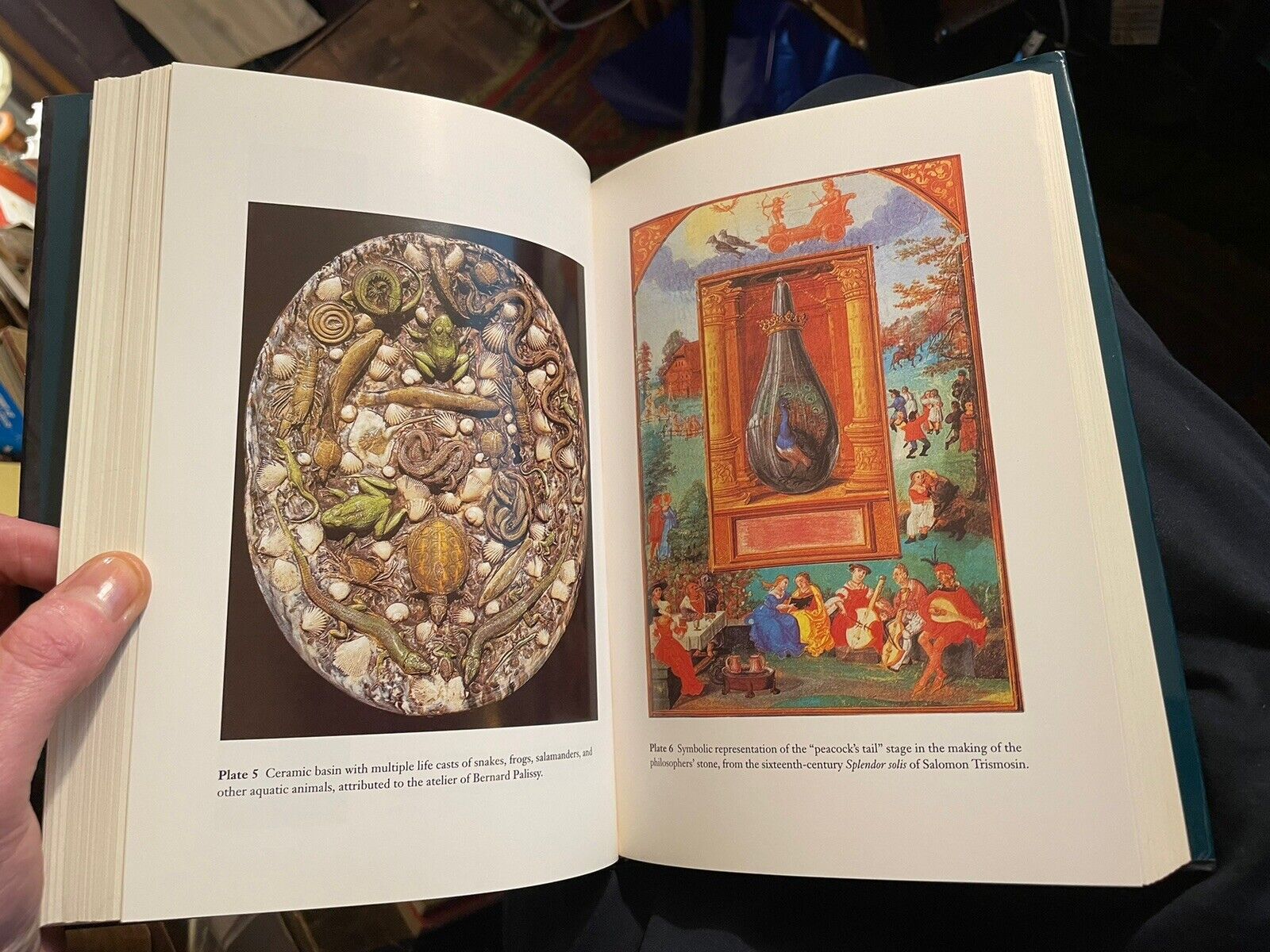The Gently Mad Book Shop
Promethean Ambitions : Alchemy & the Quest to Perfect Nature : William R. Newman
Promethean Ambitions : Alchemy & the Quest to Perfect Nature : William R. Newman
Couldn't load pickup availability
Promethean Ambitions: Alchemy and the Quest to Perfect Nature
By William R. Newman
Published by University Of Chicago Press, 2004. First Edition. Hardback book in dust jacket. 333 pages. Illustrated.
CONDITION
A fine copy in a very good clean and unclipped dust jacket. Pages very clean throughout.
ABOUT THIS BOOK
In this book, the author uses alchemy to investigate the thinning boundary between the natural and the artificial. Focusing primarily on the period between 1200 and 1700, he examines the labors of pioneering alchemists and the impassioned—and often negative—responses to their efforts. By the thirteenth century alchemy had become a benchmark for determining the abilities of both men and demons, representing the epitome of creative power in the natural world. The author frames the art–nature debate by contrasting the supposed transmutational power of alchemy with the merely representational abilities of the pictorial and plastic arts—a dispute that found artists such as Leonardo da Vinci and Bernard Palissy attacking alchemy as an irreligious fraud. The later assertion by the Paracelsian school that one could make an artificial human being—the homunculus—led to further disparagement of alchemy, but as Newman shows, the immense power over nature promised by the field contributed directly to the technological apologetics of Francis Bacon and his followers. By the mid-seventeenth century, the famous “father of modern chemistry,” Robert Boyle, was employing the arguments of medieval alchemists to support the identity of naturally occurring substances with those manufactured by “chymical” means. In using history to highlight the art–nature debate, the author here shows that alchemy was not an unformed and capricious precursor to chemistry; it was an art founded on coherent philosophical and empirical principles, with vocal supporters and even louder critics, which attracted individuals of first-rate intellect.
(Loc : Desk, Small Shelf)
Share with someone
